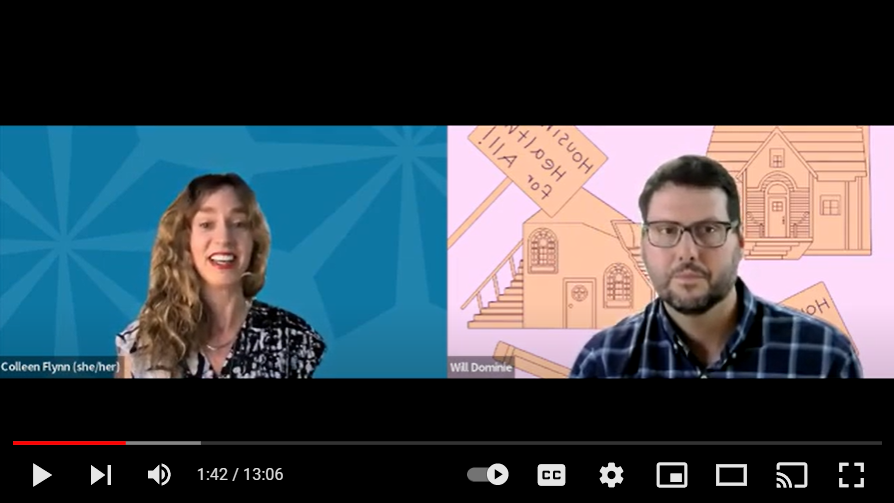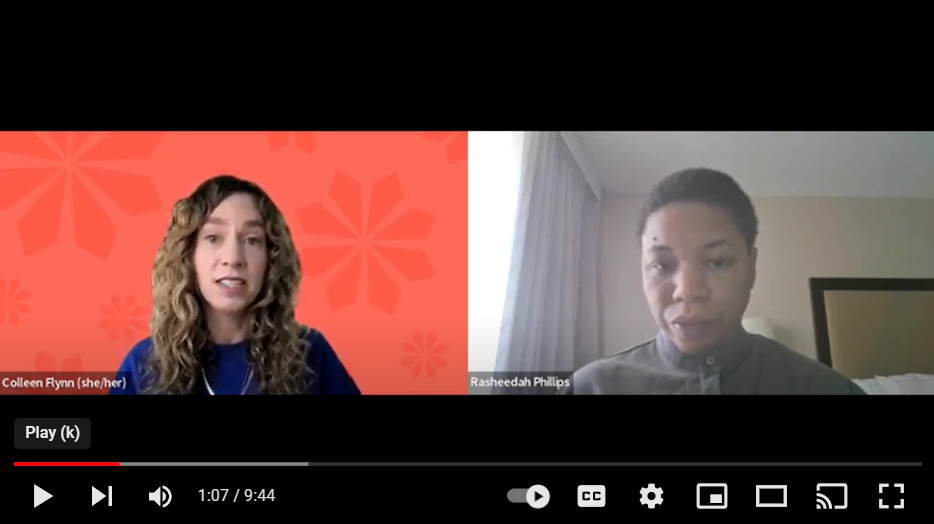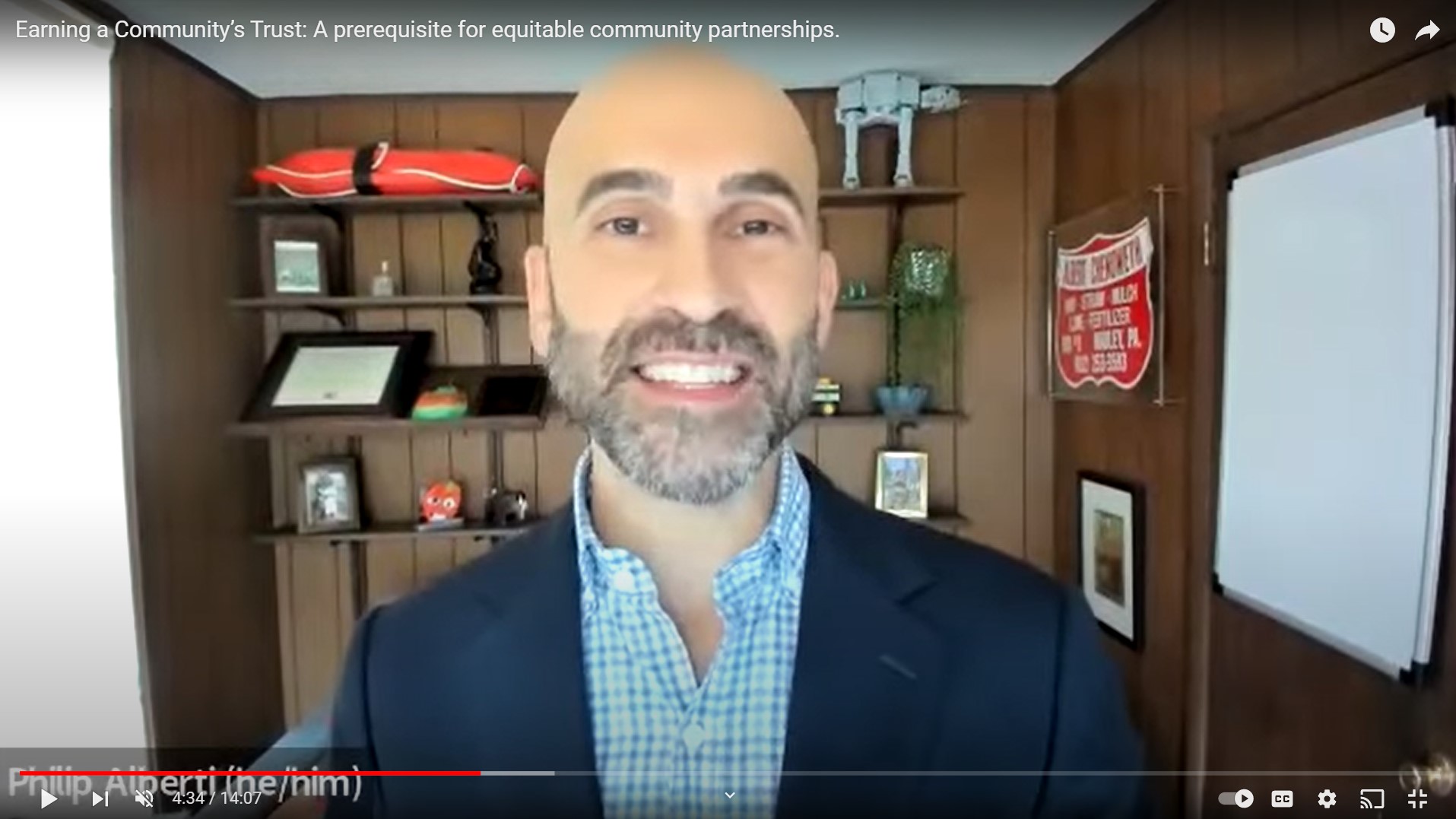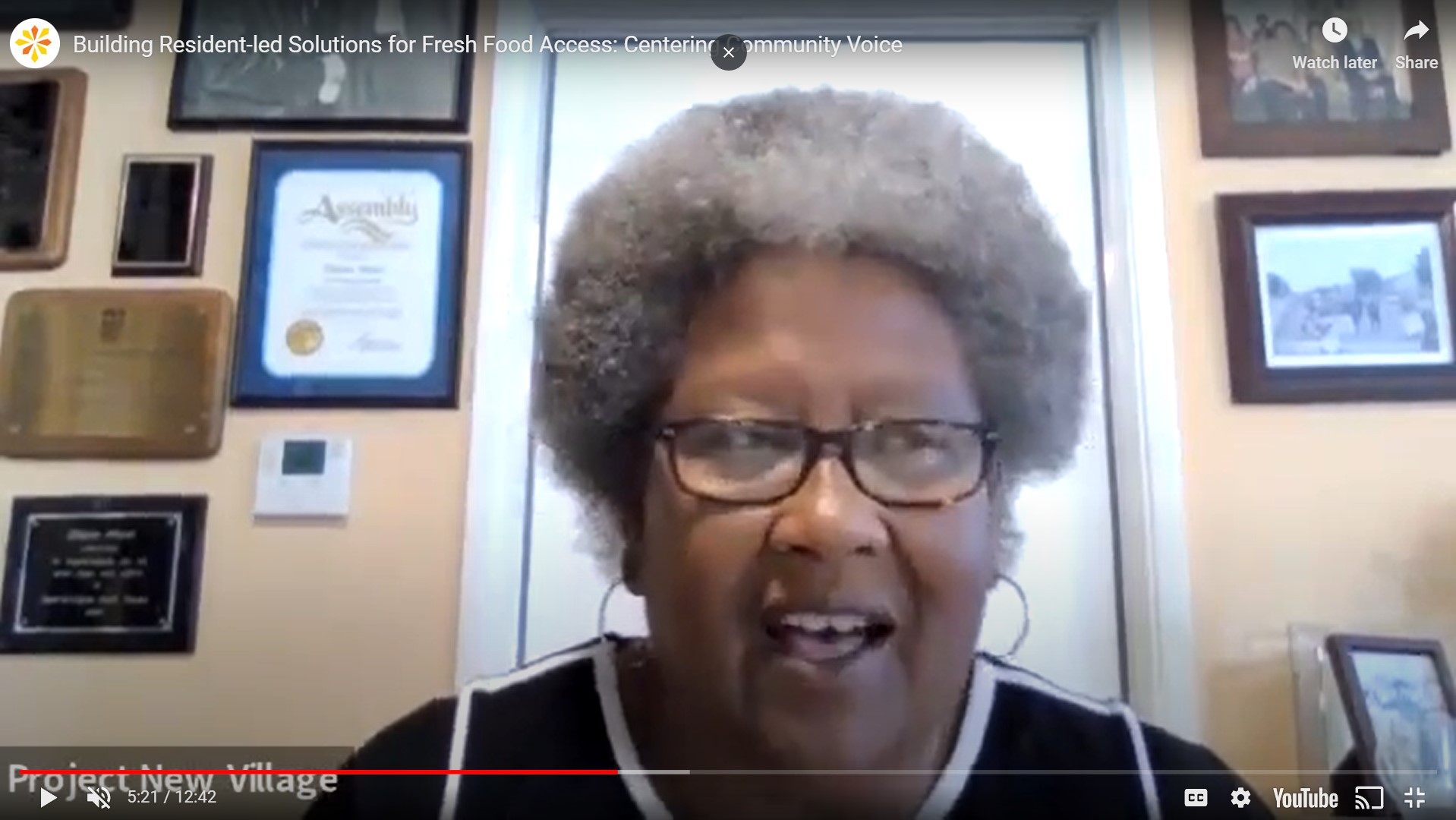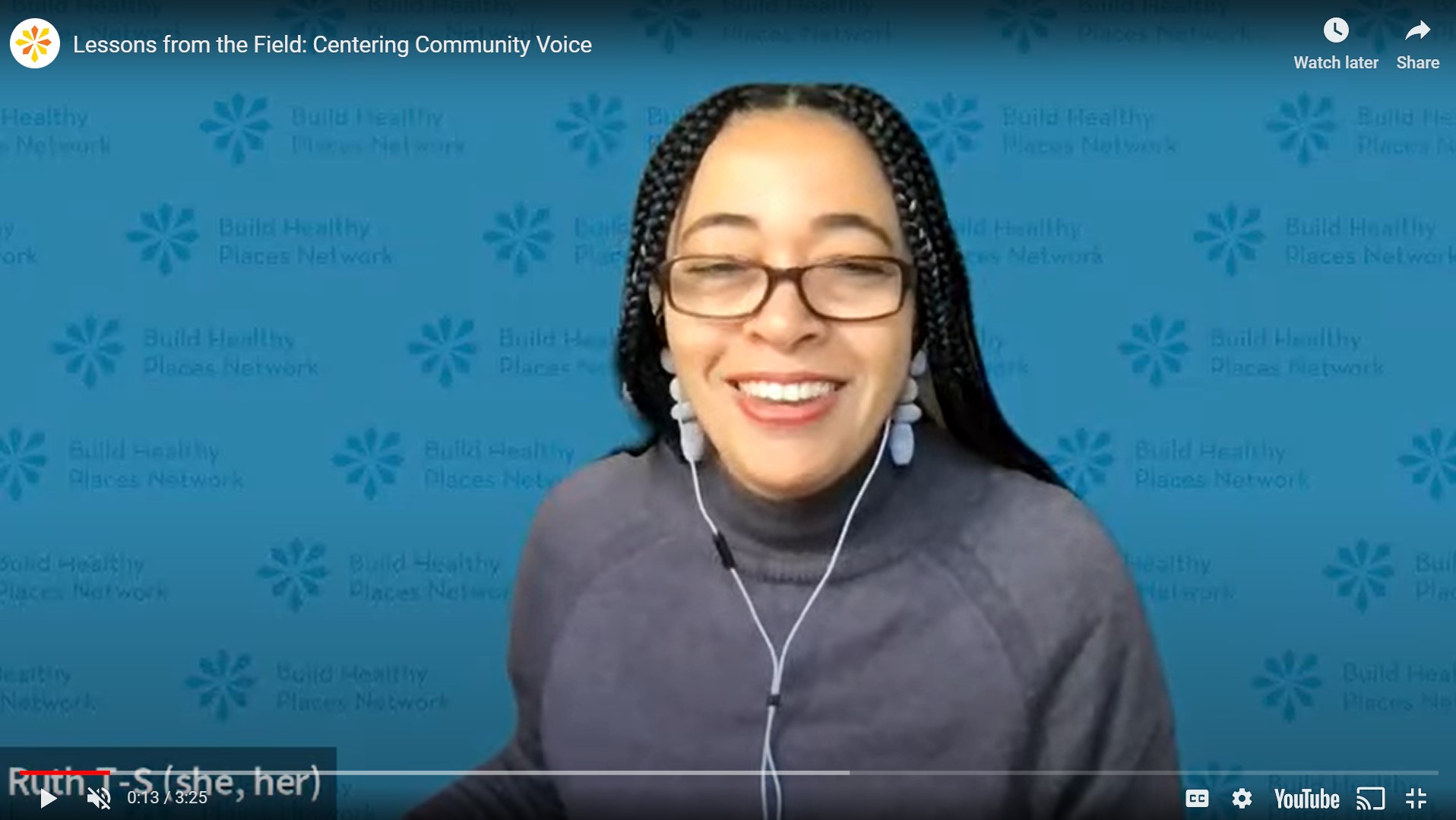
Video Snapshots: Lessons from the Field: Centering Community Voice
-
Focus Areas
Capacity Building & Leadership, Healthy Communities -
Issues
Community Development, Nutrition & Food Security -
Expertise
Coalition & Network Building -
Programs
Build Healthy Places Network
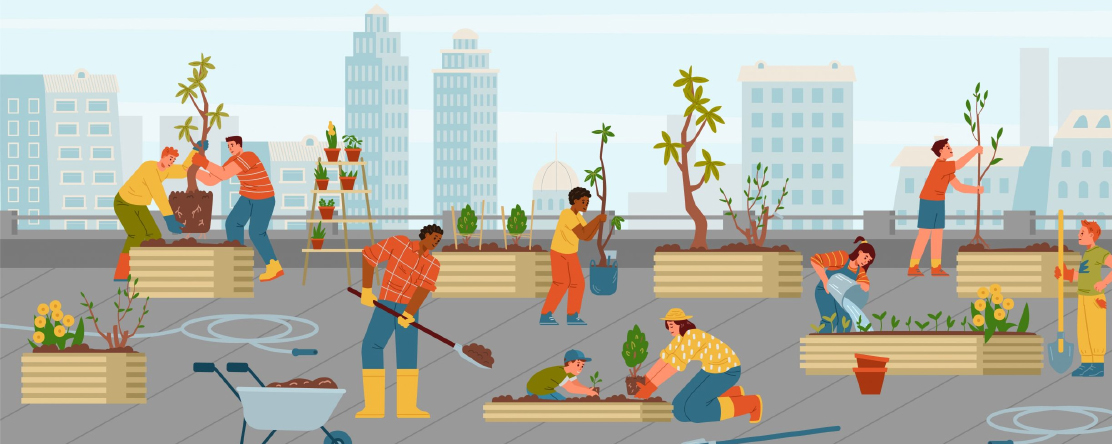
In this video series, PHI’s Build Healthy Places Network features quick, deep dives with experts from the community development, health, and finance sectors. Lessons from the Field: Centering Community Voice uplifts practices that support community engagement processes and projects that are community-led and owned. Learn from practitioners from across sectors, who together are working to make neighborhoods healthier by centering the voices of residents.
Video Snapshots:
Snapshot 4: How the Affirmatively Furthering Fair Housing rule can advance racial and health equity
The Affirmatively Furthering Fair Housing (AFFH) rule was published in 2015 requiring housing authorities, local, and state governments to advance housing equity and create more opportunities for disinvested neighborhoods. In January, the Department of Housing and Urban Development (HUD) announced the new proposed AFFH rule in which participants must take meaningful steps to address housing discrimination and engage community members in decision-making processes that will help communities achieve housing equity and improve their health and well-being.
In the first interview, Build Healthy Places Network’s Co-Executive Director Colleen Flynn speaks with Will Dominie, the Housing Justice Program Director from Human Impact Partners, a national non-profit that transforms the field of public health to center equity and build collective power with social justice movements.
During their discussion, Will shares why his organization is prioritizing the proposed changes to the Affirmatively Furthering Fair Housing (AFFH) rule. He also highlights the discriminatory practices and inequitable opportunities that BIPOC communities experience and how these changes can uplift community voices and increase self-determination to address inequities and create healthier futures.
In the second interview, Rasheedah Phillips, the Director of Housing from PolicyLink, a national research and action institute dedicated to advancing economic and social equity, shares the history of the AFFH rule and why access to fair and affordable housing advances racial equity. Rasheedah and Colleen discuss how the new proposed rule will allow community members to advocate for policies in their communities that will help them achieve a fair and just opportunity for health.
Snapshot 3: Earning a Community’s Trust: A prerequisite for equitable community partnerships
The 10 Principles of Trustworthiness, created by the Association of American Medical Colleges (AAMC), integrates local perspectives with established precepts of community engagement to guide healthcare, public health, and other sectors such as community development as they work to demonstrate they are worthy of trust.
In this video snapshot, Build Healthy Places Network’s Co-Executive Director, Ruth Thomas-Squance, PhD, MPH, speaks with Philip M. Alberti, PhD, Founding Executive Director of AAMC. The two discuss the origins of the Principles for Trustworthiness, why the process is as important as the product, and how the tool applies to multi-sector efforts committed to long term relationships, where resources are shared and decisions are made collectively.
Snapshot 2: Building Resident-led Solutions for Fresh Food Access: Centering Community Voice in Cross-sector Partnerships
In this 13 minute interview, Build Healthy Places Network speaks with Diane Moss, the Managing Director of Project New Village (PNV), an organization improving fresh food access in Southeastern San Diego through resident-led, community rooted experiences that stimulate collective investments in social determinants of health. PNV was also a part of BHPN’s first Community Innovations cohort.
During this discussion, Diane Moss describes PNV’s Growers Network and Mobile Farmers Market role in creating more equitable food access in San Diego. She also provides some insights into the centering community voice while working with partners like large healthcare organizations to address food insecurity.
Snapshot 1: Lessons from the Field: Centering Community Voice
To launch the series, Build Healthy Places Network’s Co-Executive Directors Ruth Thomas-Squance and Colleen Flynn share the impetus to create this new series, including the organization’s priority to center racial equity in community investments. The two discuss how community-led approaches where residents can identify, co-create, and have an ownership stake in the solutions, can help shift community power and provide an opening to address and repair the damage of structural racism.
Originally published by Build Healthy Places Network
Work With Us
You change the world. We do the rest. Explore fiscal sponsorship at PHI.
Support Us
Together, we can accelerate our response to public health’s most critical issues.
Find Employment
Begin your career at the Public Health Institute.
